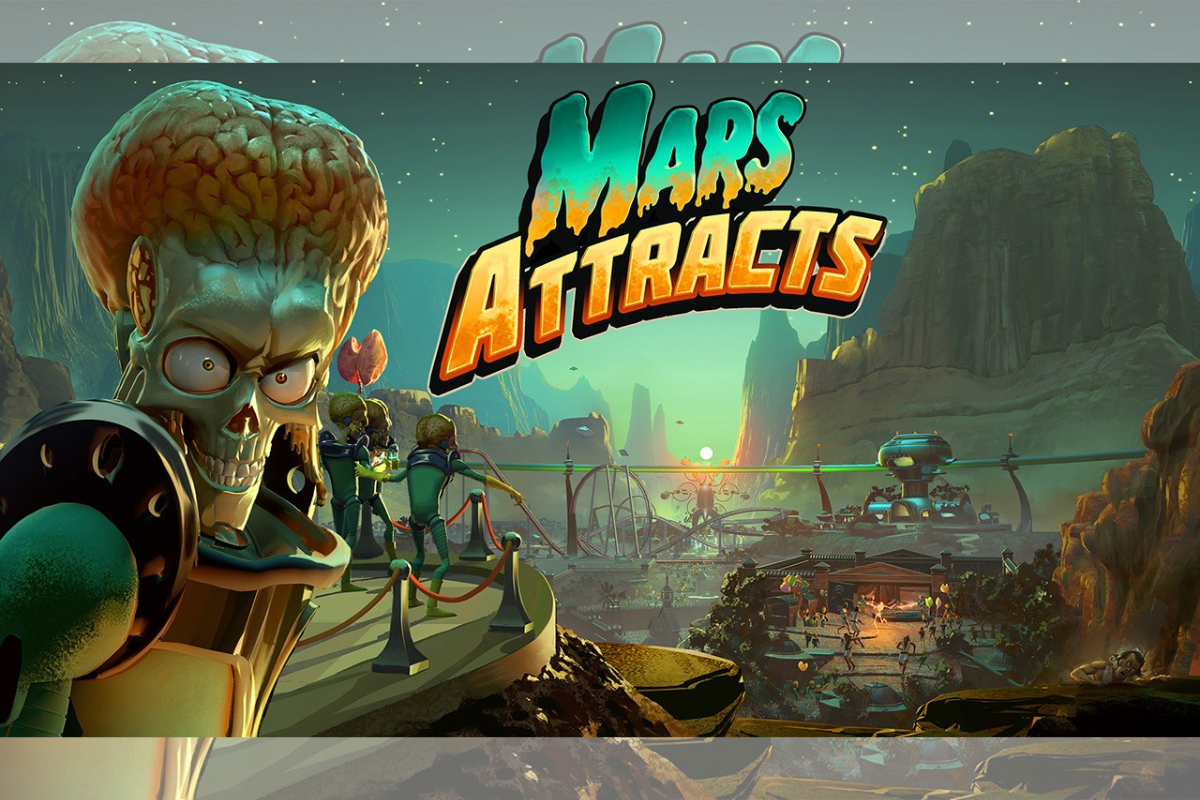Bitcoin
The Gambler’s Fallacy is a Crutch for Bitcoin Adoption

By Ray Sze, Head of Games at Bitcoin.com, who has extensive experience in the gaming industry that stretches back more than a decade.
Gambling is a human institution and has been for millennia. It has been there along the way with religion, relationships, and sports as a regular institution in our lives. Many hopes and dreams have been validated and destroyed on the whims of a game of dice or roulette wheel. There is an explanation though – The Gambler’s Fallacy. This logical premise is cemented in the human psyche and is why gambling continues to thrive as an industry today — the same as it did in Babylon.
Today however, gambling is a much different phenomenon than its ancient predecessors. Americans bet $149 billion illegally on sports in 2015, and digital casinos rake in profits that compete with their physical counterparts on the Las Vegas strip.
Internationally, gambling havens like Monaco and Macau thrive on the same predilections for gambling that enabled hotbeds of underground casinos to emerge in the first place.
But the digital world is where gambling is poised to continue its rapid growth. No longer can fortunes explicitly be made and lost at a physical card table. Poker celebrities continually arise out of vaunted online poker circles to hit the floor at world championships hosted by the likes of MGM and The Venetian.
And cryptocurrencies are positioned to become an integral component of the proliferation of digital gambling.
An Already Changing Landscape
A cursory glance at some of the leading online gambling venues (e.g., Bovada), reveals that these platforms are already embracing cryptocurrencies.
For example, before the emergence of bitcoin, online gambling platforms typically had to pay out winners via cashier’s checks (delivered by snail mail) or chargebacks to the user’s credit/debit card. A cashier’s check is about the slowest route to pay someone and is, obviously, not ideal in 2020. Chargebacks to cards were admittedly popular for a while, but they exposed Americans (illegally online gambling) to the whims of their banks and formed a trail of breadcrumbs for authorities investigating online platforms.
Enter bitcoin.
Nearly every popular online gambling site that earned its stripes in the early 2000s is embracing bitcoin. It reduces regulatory exposure on the part of the bookie (i.e., the platform), and makes payments quicker, more anonymous, and less costly. Bitcoin is naturally congruent with digital gambling.
And the second-order effects on bitcoin’s adoption are important to recognize.
Gambling is an Adoption Crutch for Bitcoin
People who gamble, and are not familiar with bitcoin, will progressively be exposed to the legacy cryptocurrency as their presence on digital gambling platforms increases. It will progress out of necessity and convenience too, not out of some ideological loyalty to bitcoin.
If you’re gambling on an online platform, what’s the better option?
-
Risk problems with your bank and not receive your payout by using the card chargeback method.
-
Wait for 2 – 4 weeks to receive a check in the mail.
-
Download a bitcoin wallet and use that for instant payouts for the remainder of your gambling voyage.
Option 3 is clearly the most convenient.
Bitcoin adoption based on convenience is also a unique adoption curve for the cryptocurrency. Outside of online gambling, bitcoin is primarily “convenient” in the context of stashing funds from oppressive governments, circumventing capital controls, or sending lucrative sums to another person/entity with strong security and speed assurances. Outside of those contexts, bitcoin is not well understood by the public and is inconvenient to use.
The user-experience of wallets in the bitcoin market is rapidly improving, but gambling may be the crutch it can lean on in the near future.
For example, digital casinos aren’t solely emerging as competitors to Las Vegas casinos, they’re arising exclusively as bitcoin casinos — like Bitcoin Games. These digital gambling platforms emphasize the speed of payouts, transparency, and privacy. Not to mention they’re populated with new types of games and (in many cases) open-source code on a blockchain to enable gamblers to verify that they’re not being taken to the woodshed by the house.
And once these casinos start embedding more advanced sportsbooks? Lookout. Especially considering the NBA’s recent warming to the idea of enabling legal gambling on its games.
Digital global gambling statistics are challenging to coalesce due to fragmented regulations and the illegal nature of its existence with many private bookies, but what’s evident is the massive scale of the industry. Online gambling has grown virtually linearly over the last decade and the industry as a whole is projected to expand by a CAGR of 8.7 percent through 2024.
With an estimated 26 percent of the world’s population gambling at some point, that’s an enormous opportunity to onboard more users to bitcoin — an adoption crutch often overlooked as we enter the 2020s.
-

 Latest News7 days ago
Latest News7 days agoPIN-UP Global Transforms into the RedCore Business Group
-

 Asia7 days ago
Asia7 days agoNew Indian Law Aims to Curb Online Money Gambling Sector, Prohibits Related Advertising
-

 Latest News6 days ago
Latest News6 days agoSOFTSWISS Wins Best Game Aggregator Award in Latin America
-

 Asia7 days ago
Asia7 days agoChicken Road Game Launches in India, Expands Mobile Gaming Catalogue
-

 Compliance Updates7 days ago
Compliance Updates7 days agoRomania Blocks 30 Unlicensed Gambling Websites
-

 Balkans7 days ago
Balkans7 days agoELA Games Partners With Superbet to Expand Offerings in Serbia
-

 Asia6 days ago
Asia6 days agoNational Sports Day: Why it’s time to see esports as a key pillar of India’s new-age sporting identity
-

 Latest News7 days ago
Latest News7 days agoOG of fast cars drops in games: Porsche adopts in-car gaming with AirConsole


























